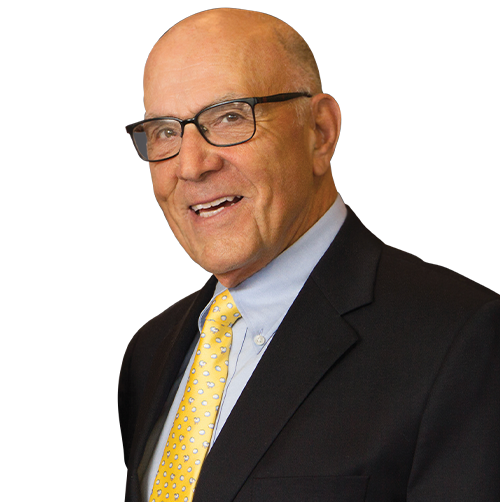Meet Our Hosts
Chuck Cohen: Managing Director
Chuck Cohen graduated from the University of Pennsylvania in 1989 with a degree in English, and joined Benco as a territory representative soon after graduation. He’s taken on increasing responsibilities in the sales and marketing areas, becoming Managing Director in 1996. He serves on a variety of industry and community boards, including Wilkes University, the Dental Lifeline Network, and Jewish Community Alliance of Wilkes-Barre.
Rick Cohen: Managing Director
After three years as an IT consultant at Accenture, Rick Cohen joined Benco in 1994 to create Painless, the industry’s first windows-based e-commerce software. Since then, he’s taken on increasing responsibilities within Benco, focusing on Information Technology, Logistics, Clarion Financial, and our private brand. He is Co-Chair of the Benco Family Foundation, a trustee of WVIA public television and public radio, and a Director of the Dental Trade Alliance Foundation.



